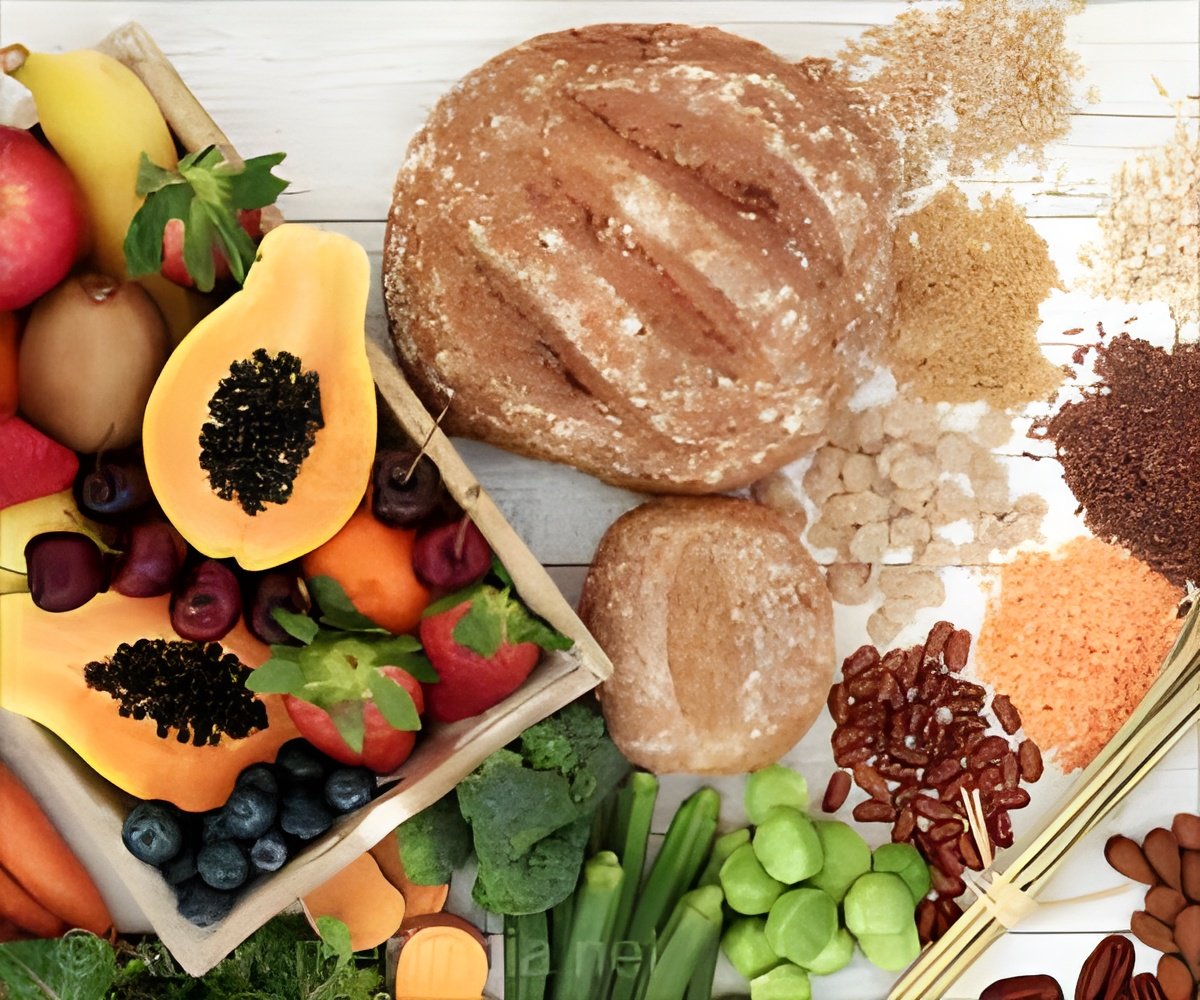Toxic air demands a defense! Detox your body with vitamin C, omega-3s, and antioxidants to combat pollution’s damaging effects.

- Detox diets rich in antioxidants and omega-3s can reduce oxidative stress caused by air pollution
- Vitamin C, N-acetylcysteine (NAC), and fiber help cleanse the lungs and improve respiratory health
- Lifestyle habits like hydration, yoga, and anti-inflammatory spices support toxin clearance and better lung function
We are all aware that India is dealing with terrible air quality, with places such as New Delhi, Gurgaon, and Ghaziabad suffering AQI levels above 400. Isn’t that a vital subject to discuss?
This toxic air pollution clearly necessitates proactive actions, not just physically via masks and purifiers, but also inwardly via detox diets.
You might be considering how a healthy diet can assist us in tackling severe air pollution. That’s because detox diets contain certain nutrients that can help us overcome the harmful effects of pollution and improve our general health.
Advertisement
How a Detox Diet Helps Deal with Health Issues Caused Due to Pollution
Pollution exposure to PM2.5 and PM10 causes oxidative stress in the body. This, in turn, promotes inflammation and respiratory difficulties while exacerbating pre-existing medical ailments. Detox diets focus on consuming foods and supplements that assist the body in removing toxins and repairing tissue damage.
Antioxidants and detoxifying agents are essential components of our daily routine. These vitamins, minerals, and amino acids neutralize free radicals and cleanse the lungs.
Advertisement
Essential Components of a Detox Diet
Here are some of the key components of a detox diet that we should all embrace in order to cleanse our lungs and improve our general health. This includes:
Vitamin C:
A powerful antioxidant that boosts the immune system and lowers oxidative stress. Citrus fruits, bell peppers, and strawberries are excellent sources (1✔ ✔Trusted Source
Vitamin C as an antioxidant: evaluation of its role in disease prevention
).
N-acetylcysteine (NAC):
This chemical replenishes glutathione, an important antioxidant that aids in lung detoxification. NAC also helps to break down mucus, which improves respiratory health (2✔ ✔Trusted Source
N-acetylcysteine decreases lung inflammation and fibrosis by modulating ROS and Nrf2 in mice model exposed to particulate matter
).
Omega-3 Fatty Acids:
These are found in walnuts, flaxseeds, and fatty fish and help to prevent pollution-induced inflammation (3✔ ✔Trusted Source
Modulation of inflammation and immunity by omega-3 fatty acids: a possible role for prevention and to halt disease progression in autoimmune, viral, and age-related disorders
).
Fibre-rich foods:
Whole grains, fruits, and vegetables aid in the elimination of pollutants through digestion.
Advertisement
Lifestyle Tips for Better Detox
Stay Hydrated:
Drink more water to aid in toxin clearance.
Herbs and spices:
Curcumin, found in turmeric and ginger, has anti-inflammatory properties that protect against pollution damage.
Physical Activity:
While outdoor activities are difficult on high AQI days, indoor practices like yoga and breathing exercises can help enhance lung capacity and circulation.
As pollution becomes a persistent problem in India, we can enhance our health and resilience by implementing preventive measures such as detox diets containing vital nutrients. So, start today by incorporating these elements into your diet to protect yourself from the harmful effects of pollution.
References:
- Vitamin C as an antioxidant: evaluation of its role in disease prevention – (https://pubmed.ncbi.nlm.nih.gov/12569111/)
- N-acetylcysteine decreases lung inflammation and fibrosis by modulating ROS and Nrf2 in mice model exposed to particulate matter – (https://pubmed.ncbi.nlm.nih.gov/35657279/)
- Modulation of inflammation and immunity by omega-3 fatty acids: a possible role for prevention and to halt disease progression in autoimmune, viral, and age-related disorders – (https://pubmed.ncbi.nlm.nih.gov/37606147/)
Source-Medindia



